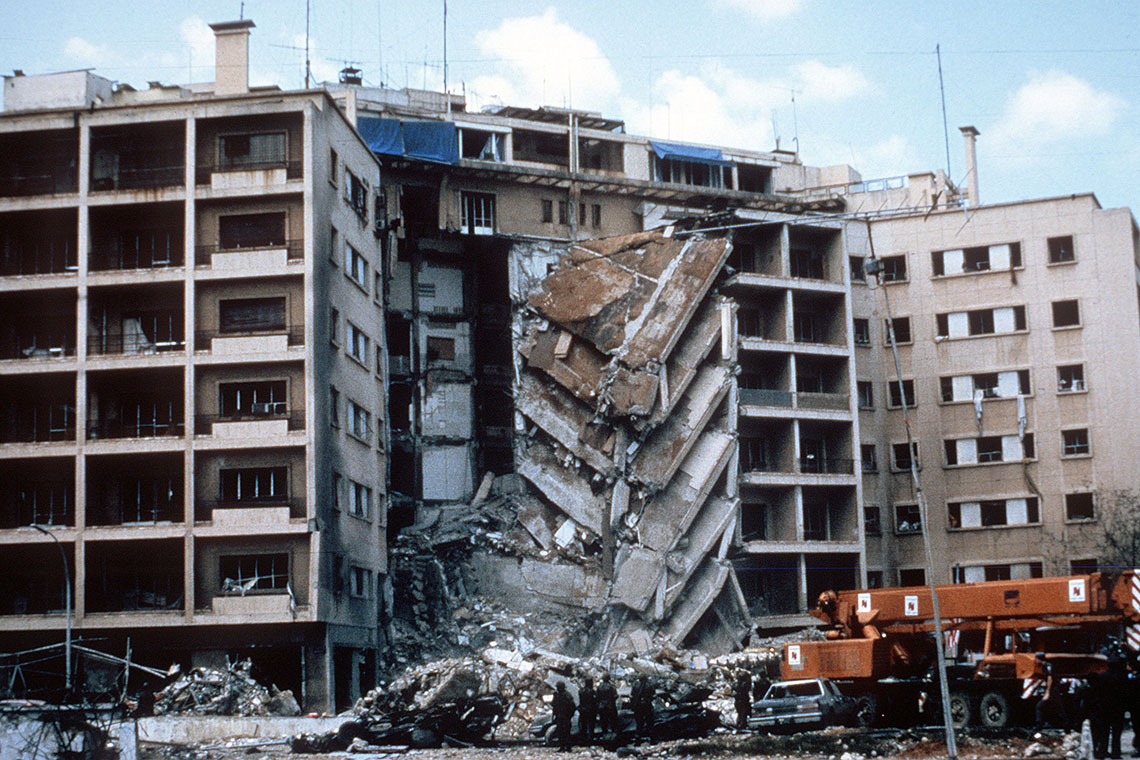Teaching Terrorism
David Siegel on how the demand for terrorism scholarship increased after 9/11
Before Sept. 11, 2001, the study of terrorism was largely qualitative in nature, focused on psychological causes of terrorism and isolated incidents tied to geopolitical tensions, like the 1983 bombing at a Marine compound in Beirut, Lebanon, and the attack on the USS Cole in Yemen in 2000.
9/11 changed that.
Suddenly the history of terrorism, counterterrorism and the role of politics, economics and other contributors to terrorism “became a real big area of study,” says David Siegel, an associate professor of political science at Duke University.
“9/11 happened and the amount of interest both from students … and from scholars just exploded, for reasons that are probably pretty obvious,” he says. The government attention on terrorism shifted “from a marginal thing” to a focus of foreign policy, he says.
The study of terrorism became more quantitative, attracting researchers from political science, economics and other disciplines who started examining the broad, large-scale factors that affect terrorism, Siegel says.
Also fueling the expanded study of terrorism is federal money aimed at researching the many causes of terrorism.
“The government is more interested in knowing about terrorism, so it’s not a small-scale thing, it’s a big thing,” Siegel says.

At Duke, Siegel teaches a semester-long Introduction to Terrorism course.
The class focuses on many aspects of terrorism, not just the violent attacks. Areas of study include the history of terrorism and its social, cultural, economic, political and religious contexts.
“I focus mostly on the factors that are sort of general to all terrorist activity,” Siegel says, which includes the organizational and financial structure of terrorist groups, their weapons, tactics, mobilization and recruitment.
Students also learn about counterterrorism efforts around the world throughout history. To gain a better understanding of counterterrorism in today’s world, students take on the role of an intelligence analyst, reporting on an assigned terrorist organization.
“The study of terrorism is still very much a new endeavor,” Siegel writes in the course outline, “and there is much that is not known, implying lots of room for us to search for answers.”